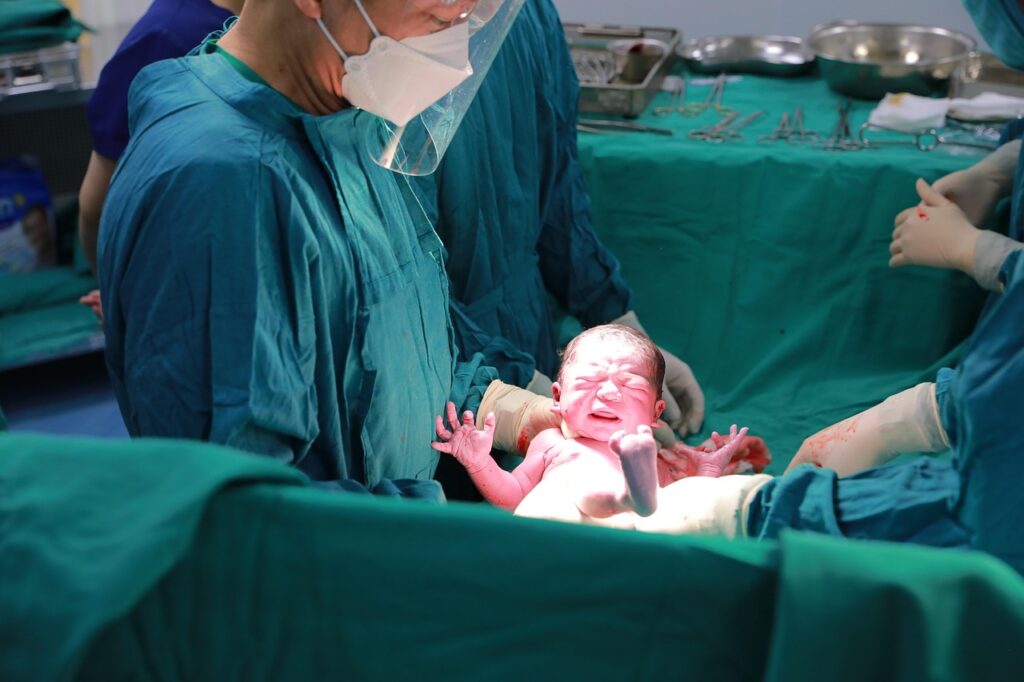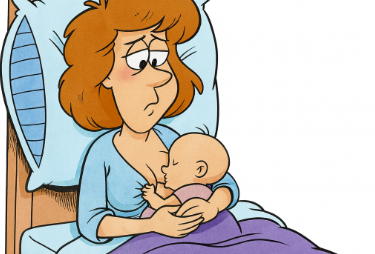The moment those “two certain lines” appear on the test, life changes completely. From then on it’s no longer just “me” but becomes “we.” The new life growing inside the mother becomes more important than anything else in the world.
Suddenly, many questions arise: what is allowed and what is not during pregnancy? And indeed, many of those questions remain relevant during the breastfeeding period.
In this article, we look for answers to one of the most common questions: Can you drink alcohol while breastfeeding, and if so, how much?
Alcohol and Breastfeeding – The Basics
The issue of alcohol consumption is a complicated one. In principle, alcohol is on the “forbidden list” during both pregnancy and breastfeeding, but there are exceptions.
It is important to emphasize that regular or heavy drinking is harmful. If a mother suffers from alcohol addiction, breastfeeding is not recommended at all. We know that alcohol appears in the blood, and at virtually the same concentration in breast milk, making it harmful to the baby. Larger amounts of alcohol also inhibit the let-down reflex.
Alcohol levels in blood and milk peak about 30–60 minutes after consumption, and leave the body within approximately 2–3 hours.
Still, it can be said that an occasional glass (100–200 ml) of alcohol (wine, beer, or sparkling wine) is not strictly forbidden while breastfeeding, provided it is consumed with care and consideration.
Factors That Influence the Effect on the Baby
- Baby’s age: The younger the baby, the lower the weight and the less mature the liver, which is responsible for detoxification. Babies up to three months old are considered to be in the “fourth trimester” – their digestive and nervous systems are still immature. During this period, the liver is not yet able to handle detoxification well, and alcohol can place a heavy burden on the baby’s system.
- Baby’s weight: With a smaller body, the same amount of alcohol has a stronger effect. The lighter the baby, the greater the impact.
- Other health conditions: If the baby has any medical issues, it is best not to burden the body further with alcohol processing.
- Amount of alcohol consumed: Less alcohol means a lower blood alcohol level, which also results in less alcohol in breast milk.
- Strength of the drink: Strong alcoholic beverages should be avoided by breastfeeding mothers.
Timing and Safety
Since alcohol takes at least 2–3 hours to leave the body, and appears in breast milk at the same concentration as in the blood, it is advisable to wait 4–5 hours after drinking a glass of wine (200 ml) before breastfeeding again. Another solution is to have previously expressed milk available for the baby. If the breasts become uncomfortably full during this waiting period, it is wise to pump and discard the milk.
Other tips:
- Drinking water alongside alcohol can help dilute blood alcohol levels, resulting in less alcohol entering breast milk.
- Eating a protein-, fat-, and carbohydrate-rich meal with alcohol can slow absorption and reduce the amount that reaches both blood and milk.
Conclusion
Based on the above, alcohol consumption during breastfeeding cannot be wholeheartedly recommended. Alcohol dulls the senses and impairs judgment. Sleeping with the baby after alcohol consumption is especially not safe. Of course, if a mother drinks a single glass of wine in the afternoon, the alcohol will be gone by evening. But if larger amounts are consumed, breastfeeding is not advised, and co-sleeping is strongly discouraged.
Whenever possible, avoid alcohol altogether during breastfeeding – especially in the first three months of the baby’s life. If you do choose to drink, limit yourself to no more than one glass (200 ml), allow enough time before the next feed, and always observe your baby’s reaction after breastfeeding.



